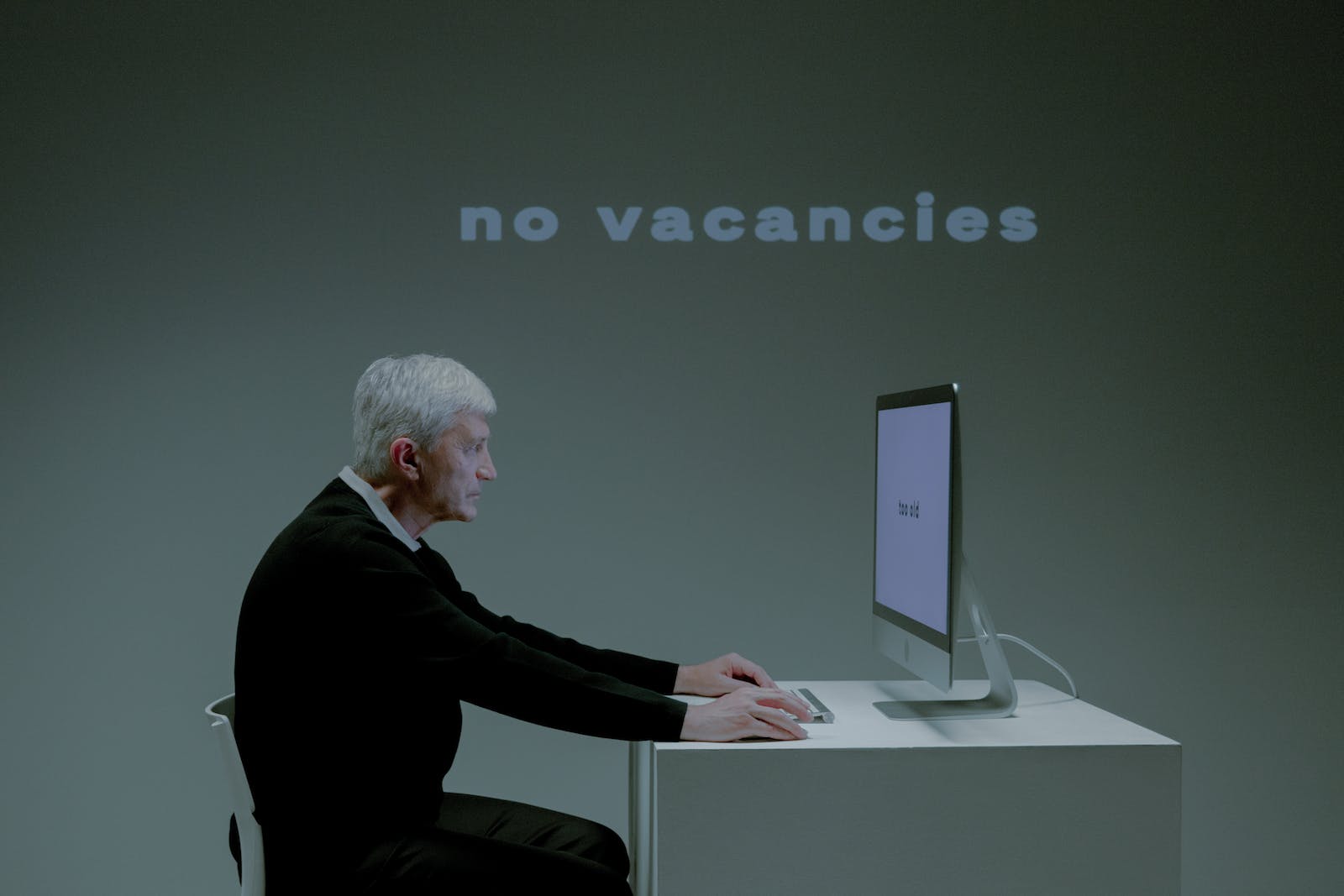
The Pros and Cons of Minimum Wage
Exploring the Benefits and Drawbacks of Implementing a Minimum Wage Policy
Minimum wage is a contentious topic that has been debated for decades. It refers to the lowest amount of remuneration that an employer is legally allowed to pay their employees for work. While proponents argue that it ensures fair compensation for labor, opponents claim that it can lead to job loss and increased prices. To gain a comprehensive understanding, it's essential to delve into the advantages and disadvantages of implementing a minimum wage policy.
By assessing both the positive and negative impacts, individuals and policymakers can make informed decisions regarding the potential benefits and drawbacks of minimum wage regulations. Let's explore the advantages and disadvantages of minimum wage in detail.
Pros
Discover the numerous advantages associated with implementing a minimum wage policy to ensure fair compensation for workers. From improved living standards to reduced income inequality, there are various positive aspects to consider.
Missing a pro?
Cons
Explore the potential disadvantages associated with the implementation of a minimum wage policy, including impacts on employment, business costs, and overall economic dynamics.
Missing a con?
Conclusion
The debate surrounding minimum wage remains complex and multifaceted, with valid arguments presented on both sides of the spectrum. It's crucial for policymakers and stakeholders to carefully weigh the potential advantages and disadvantages in the context of specific economic and societal conditions before formulating or modifying minimum wage regulations.







